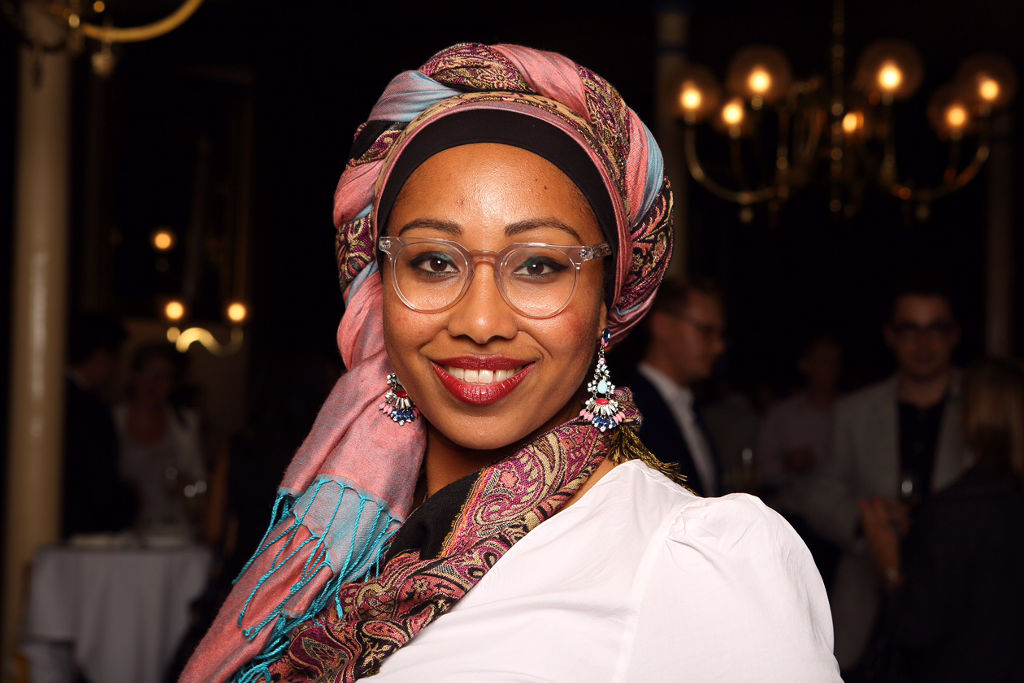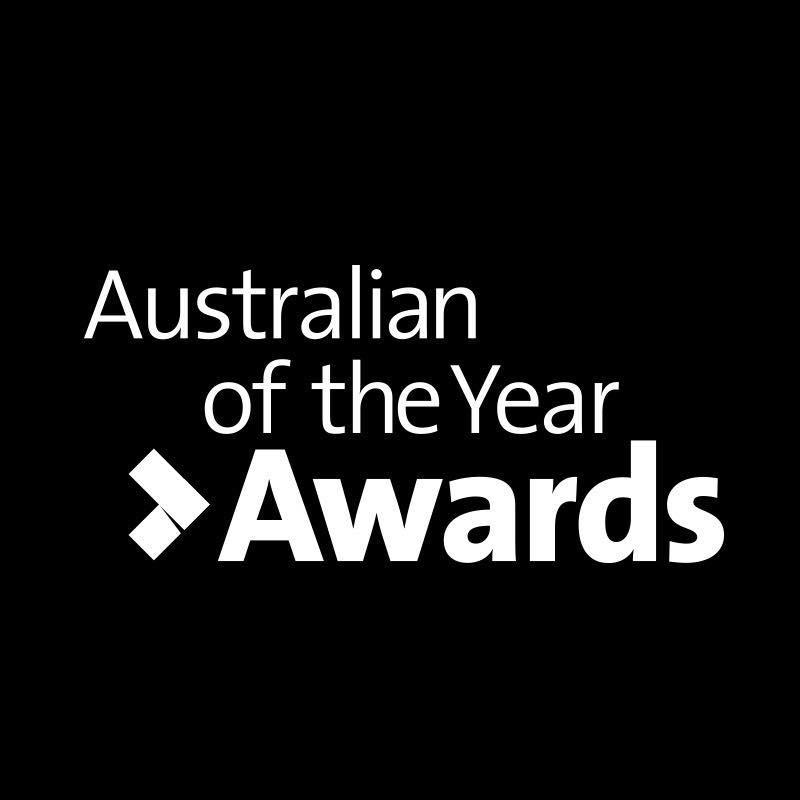If I Could Change One Thing About Australia It Would Be: The Way We Track And Consume Energy
What if we could develop a tool that measured exactly how much energy we consume -- not just at home, but at work, in transit, and out and about -- and then let us pick the source of it ourselves?


Brought to you by the Australian of the Year Awards
In association with the Australian of the Year Awards, we’ve asked five influential and accomplished Australians to share an idea for change that they’re passionate about.
Our fourth guest is Yassmin Abdel-Magied, the Queensland Young Australian of the Year 2015. Yassmin is an engineer, social advocate and media commentator who has forged a hybrid career between these fields since founding the organisation Youth Without Borders at the age of sixteen. In addition to her social advocacy work with numerous organisations and her writing (which has previously appeared on Junkee), she also works in the energy industry as an engineer on oil and gas rigs.
–
I’m a mechanical engineer by training, but I didn’t grow up thinking that I wanted to be a part of the energy industry. I was actually most interested in motorsports, but fell into energy for a few reasons. When I was in third year university, I met a group of engineers who worked in energy, and they talked about our energy mix and the difficulties involved in working with so many different sources – whether that’s fossil fuels, or renewables like solar or wind power. I distinctly recall one of them saying, “This is going to be the engineering challenge of your generation”. Part of me thought ‘Oh my god, how boring,’ but another part of me wondered how that would play out.
More personally, I was born in Sudan – a country that still experiences electricity blackouts during summer, because it doesn’t have a good enough system to sustain the baseload when everyone needs to use air-conditioners and fans. At the moment over 1.3 billion people in the world still don’t have access to electricity – how can we expect to bring those people out of poverty, when they don’t even have access to lightbulbs? So, for me, energy is inextricably linked to development and opportunity; in the same way that education is an equaliser, so too is access to energy.
Here in the west, we developed off the back of carbon-intensive, non-renewable energy sources: brown coal, oil and gas, etc. Now the debate is about whether countries that are underdeveloped should start using renewables – which are unfortunately still more expensive than traditional energy sources – or if they should be allowed to use the remaining reserves of non-renewable energy sources to develop faster.
As individuals, we’re all part of the global energy system. It’s so easy for us to talk about what the energy industry and governments should be doing, but the solution to the problem of where we get energy is much more complex than simple ideas like ‘Why don’t we just switch off all the coal-fired power plants?’ There are significant technical, financial, and policy challenges that need to be overcome before renewables can provide most or all energy in Australia – there have been great leaps and bounds, and that’s really exciting, but we can’t just decarbonise the energy industry overnight.
But what if individuals were able to pick where their energy was coming from? What if we could use technology to show every individual how much energy they’re consuming, and where it comes from in real time – on your phone, on your smartwatch – and allow that person to adjust their sources of energy, if they like? We live in an individualistic society, so there’s no reason why energy consumption shouldn’t be an individual decision – and in some cases, we can let the market do the job. Offering that information to individuals will allow them to take control over where their energy comes from, and make informed decisions about their consumption.
People have a skewed understanding of how much energy they use, which is usually based solely on the power bills they get at home – they get the bill and see the number of kilowatt hours they’ve used, which makes them appear as either a more conservative or more wasteful energy user. Some energy providers allow us to track the energy we consume at home in real time and choose the sources of that energy — but if we want to be able to track our true energy consumption, we have to be able measure it across different modes of living: not just at home but also at work, in transit, and when we’re out and about.
Imagine if you could tell an app or a device what building you work in, and it told you how much energy that building uses, and calculated how much of that usage you could account for. Or if you travelled to a restaurant for dinner, and were told how much energy you used to get there, how much was used to cook your food, and how much was used while you ate it. That would be a technical challenge, but it would also give people a much better understanding of how much energy they actually use.
It’s really important that people get a holistic picture of how much energy they’re consuming – as an engineer, I find it fascinating that people don’t appreciate that everything we use has a lifecycle, and energy is used in each stage of that lifecycle: manufacturing, shipping, use, and destruction or recycling. If this app were to factor in true energy consumption across that lifecycle for the things we use, it would help us each understand what our role in energy consumption is, and why Australia consumes so much energy.
For example, you might want to buy a Toyota Prius hybrid car because you’re concerned about emissions – but it takes about 25% more energy to manufacture a Prius than a regular car. Depending on how much you drive, it could take years before the energy savings from the Prius offset the extra energy used to make it; this energy-tracking app could tell you if you’re making the right decision in purchasing one. Similarly, when we think of mining as something that damages the environment, we think about mining for iron or coal – not the mining required to extract the rare earth elements used in our iPhones. The app could illuminate the true energy and environmental cost of upgrading to the latest technology.
Using an app to track individual energy use might strike some as a very capitalist and neoliberal approach to the problem of energy consumption. But until there is an incentive that trumps money, we need to work within Australia’s system whether we like it or not. Big business can try to be socially responsible and talk about the triple bottom line – social, environmental, and economic – but in the end it comes down to the shareholders. The challenge is getting to the point where the shareholders care enough about the fact that we live in a carbon-intense economy to create change. Shareholders care about the market, which is made of people like you and me and can therefore be informed and supported by social values. If we can we incentivise change through the capitalist structure, by informing the market about the true social and environmental costs of energy, then we’re in a much better place to create a sustainable future.
–
–
Yassmin Abdel-Magied is the Queensland Young Australian of the Year 2015.